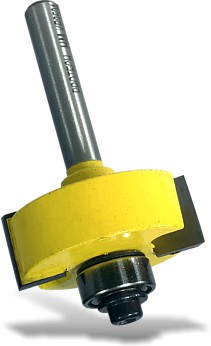RABBETING BIT 1 1/4" X 1/2" DEPTH 1/4"SHANK
RABBETING BIT 1 1/4" X 1/2" DEPTH 1/4"SHANK
- Stock: 2
- Model: KP3501
- Weight: 0.06kg
- Pack Dim: 50.00mm x 82.00mm x 82.00mm
- UPC: 6009600401563
Price:
R 464.26
Ex VAT: R 403.70



 Rabbeting Cutter
Rabbeting Cutter For
cutting rebates
For
cutting rebates
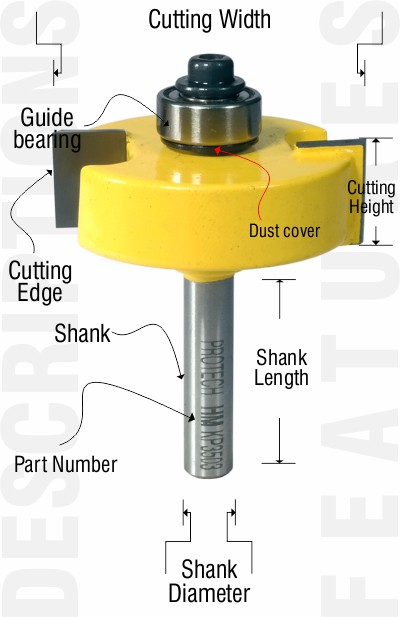
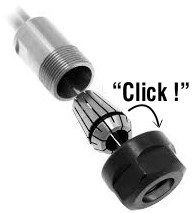 Correct
collet and collet nut fit
Correct
collet and collet nut fit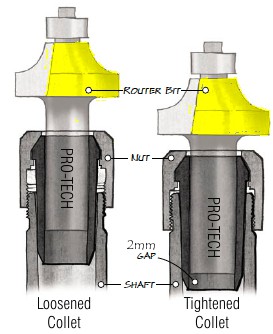 Correct
fit inside the collet
Correct
fit inside the collet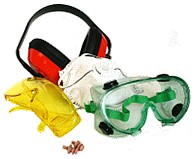 Observe
the following at all times
Observe
the following at all times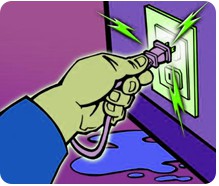 Always
be sure the router is unplugged before replacing bits and that the switch is
off before connecting the router.
Always
be sure the router is unplugged before replacing bits and that the switch is
off before connecting the router.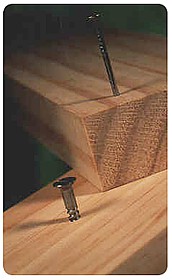 Keep
hands and fingers away from revolving bits and cutters.
Keep
hands and fingers away from revolving bits and cutters.  Don&t
operate a tool if you are tired or under the influence of medication, drugs,
alcohol or while smoking.
Don&t
operate a tool if you are tired or under the influence of medication, drugs,
alcohol or while smoking. 